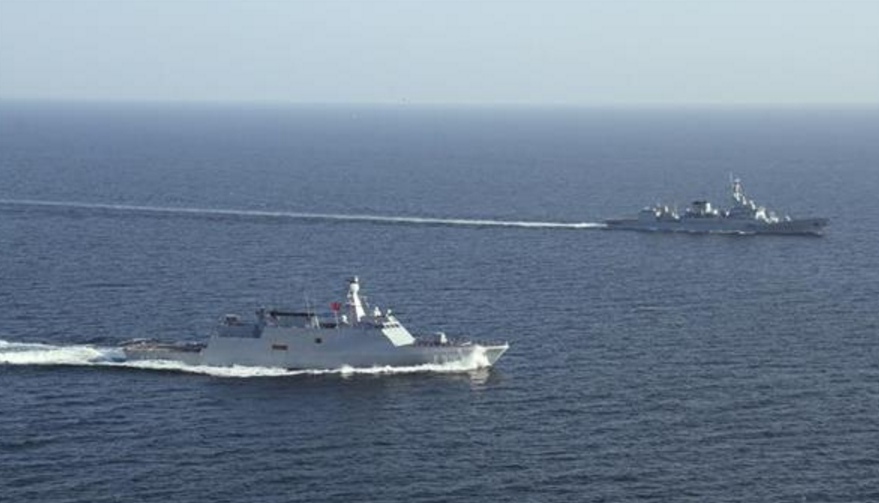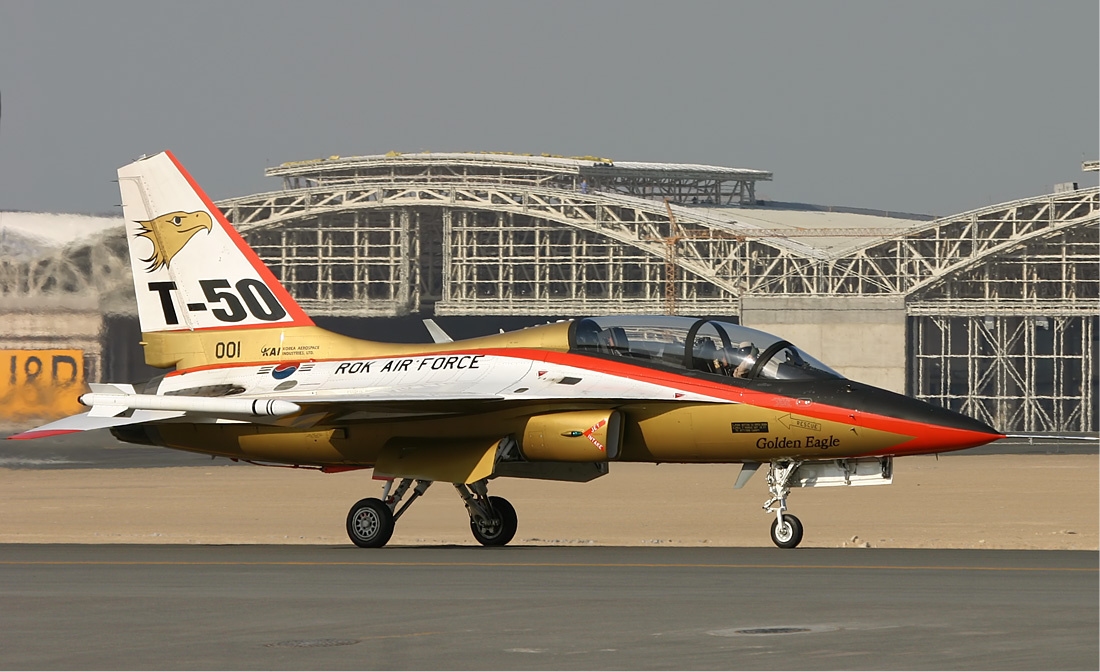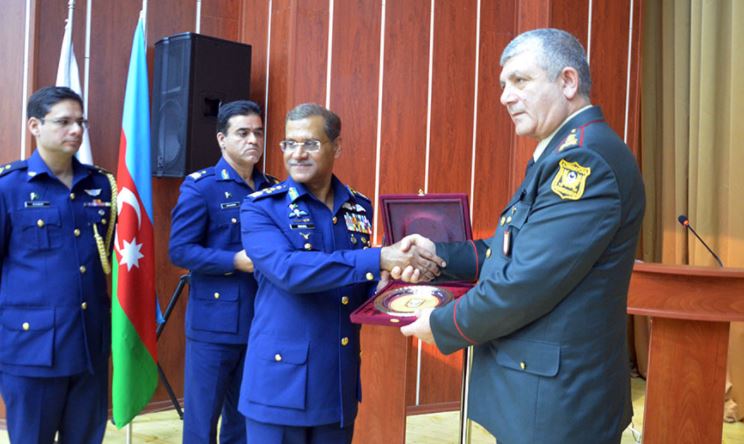2123Views 5Comments

Turkey & Pakistan conduct bilateral naval exercise
Over the weekend, the Turkish Navy and Pakistan Navy conducted a naval exercise in the Arabian Sea.
According to an official press release from Inter Services Public Relations (ISPR), the two navies undertook tasks in “anti-air warfare operations, communication drills and joint maneuvers [involving] surface ships, aircraft and helicopters.”
Based on the photos released by ISPR, the Turkish Navy corvette TCG Büyükada participated with at least one Pakistan Navy Zulfiqar-class F-22P frigate as well as an Alouette III utility helicopter.
Pakistan’s Deputy Chief of Naval Staff Vice Admiral Z.M. Abbasi was also briefed on the TCG Büyükada
Notes & Comments:
The Turkish naval vendor Savunma Teknolojileri Mühendislik ve Ticaret A.Ş. (STM) is currently in talks with the Pakistan Navy to develop a corvette along the lines of the Ada-class.
Representatives from STM and the Turkish Undersecretariat for Defence Industries also took part in the TCG Büyükada’s tour to the region, which had included visits to Djibouti, Kuwait, Bahrain and Saudi Arabia.
The Pakistan Navy had originally sought the Ada-class corvette in the late 2000s to bolster its surface fleet, which was – and still is – comprised of heavily aged Type 21-class frigates. However, strenuous economic conditions had forced Pakistan to walk away from the initiative.
In June 2016, the Pakistan Navy renewed its interest in the platform, and the Turkish Ministry of Defence even forwarded a request to release a $400 million U.S. loan to help finance a ship sale to Pakistan. In August, STM announced that it was in discussions with the Pakistan Navy.
The Pakistan Navy is likely interested in the notion of procuring lower cost – but lighter displacement – surface combatants to supplant its aging ships. Modern sub-3000-ton vessels can mount capable on-board sensor, electronic support measures, and armament suites, enabling them to serve as effective multi-mission platforms. In general, these ships can be acquired and operated relatively affordably.
That said, while a modern hull could potentially be acquired in the range of a reasonable $150-170 million, the real costs of a modern warship will be only be understood once the onboard electronics and weapons suite is finalized. In other words, the STM surface warship program could be a big-ticket acquisition if the Pakistan Navy opts to immediately outfit the ships with industry standard subsystems, especially credible anti-air warfare (AAW) systems.
On the other hand, the Pakistan Navy believes it has a need for new surface ships to properly manage Pakistan’s exclusive economic zone and to fulfill its coalition commitments. It would not be surprising, especially considering economic uncertainty, if a relatively modest corvette package is pursued. In other words, modern AAW capabilities may not be an immediate priority with these ships, not if financing is to become a challenge.



5 Comments
by AMAN
Alhamdulillah !!!!
by bill
If we are going to maintain a small naval fleet then it should be at least capable enough to survive and defend own waters effectively, so I beg to differ with above mentioned point regarding AAW systems may not be priority. The purchase of ADA like platform without any credible VLS SAM system will be useless, may be a lay man can explain that despite age PN Type 21 frigates have more chance of survival against Missiles and air threats due to LY60 SAM than modern F22Ps. Moreover one point which is neglected in above article and perhaps by Navy are capable Radars. We should install on new ADA class corvettes a capable Radar from Sea Giraffe line. Further PN F22Ps should be armed by a medium range SAM like HQ16 may be in canisters instead of FL3000N having range of only 18KM.
India is going for big tickets so in order to maintain some sort of deterrence PN shall have to spend some funds.
by bill
In addition to my below mentioned post we should convert our sole OHP into a capable platform by installing VLS for LRSAM i.e HQ9 or at least HQ16 VLS along with Chinese CM i.e CX-01. The radar may be obtained from Italy i.e Sea Giraffe with long range.
It is so far having only CIWS and canister based Harpoons with limited range is useless for PN.
by Salman Khan
yes, the Ada actually needs a LOT of modifications and extensions in its hull to accommodate the necessities for modern naval warfare like the VLS. Also, we must remember that the current Ada is not over under the program started by Turks. This is the very basic skeleton. Ada needs stronger avionics rather than mere littoral rotating pankhas. And the current weaponry on it is not what could be called a big punch. And its structure needs to be changed to house the radars inside instead of being ancient rotating fans with large radar cross sections.
by Bilal Khan - Quwa
The Ada-class’ current radar has a maximum detection range of 250km. As for VLS, significant modification to the design is not necessary, especially as VLS technology today is compact enough to be housed on much smaller vessels. The VLS-capable MILGEM – i.e. MILGEM-G – is essentially just an Ada-class, but with 10 extra metres.